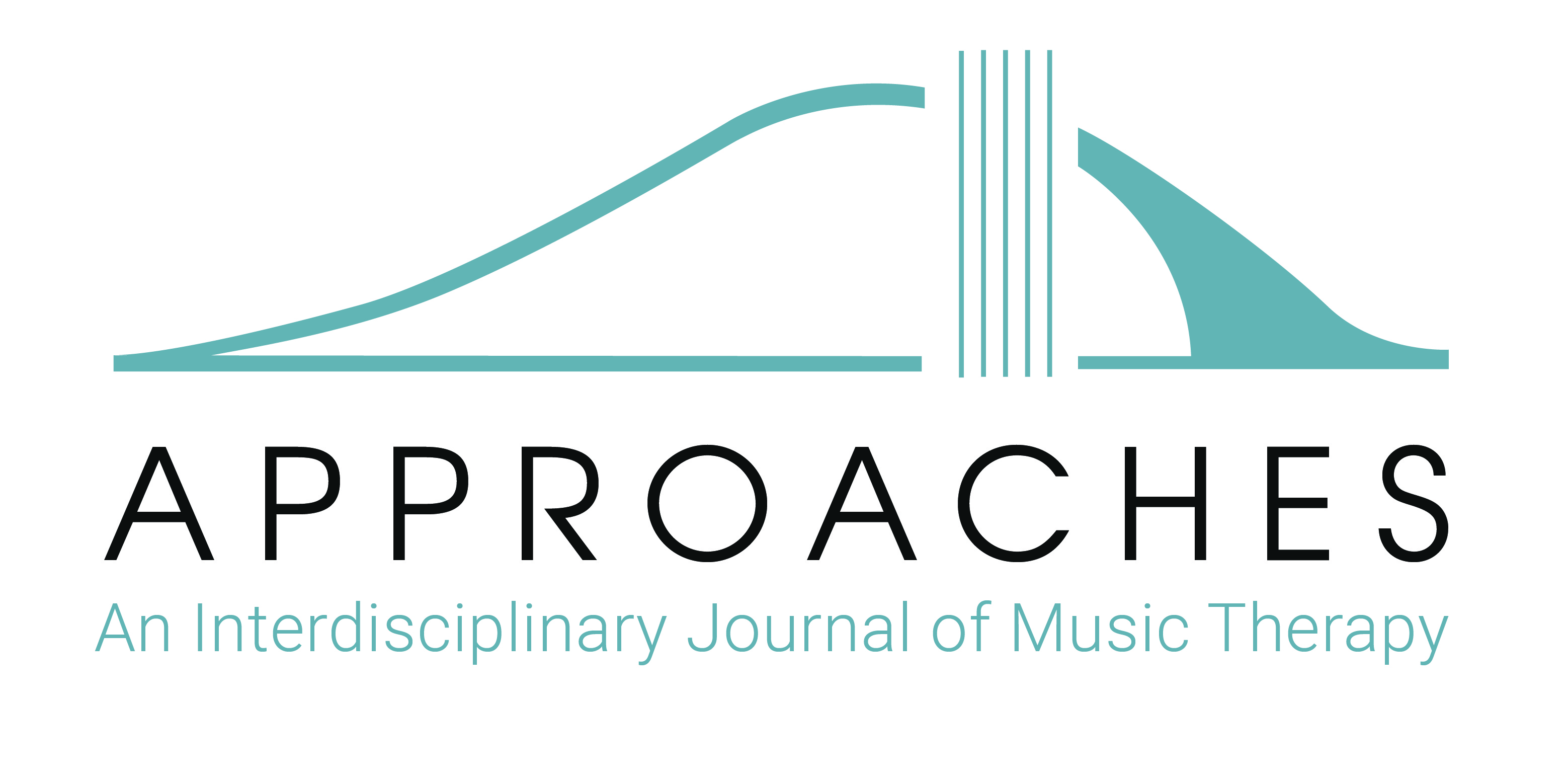Volume 1 (1) 2009 – Article
Parallel Journeys: How a Music Therapist Can Travel with his Client
Henry Dunn
Abstract
This paper explores the nature of the client-therapist relationship through the presentation of a case study. In this case study I aim to show how our processes within the therapy had strong parallels and how through being personally affected by my client this enabled me to work therapeutically more effectively and help him on his journey. The case study demonstrates how I was prepared to try new techniques at the same time as my client became more experimental, and also reveals how the client’s experience was related to my own mental health history. I examine how this affected the way I worked and the way our therapeutic relationship developed. I ask the question of whether it is helpful for the therapist to be personally involved in the therapeutic process and how this can either aid or interfere with the work.
Through reference to the work of Carl Jung in particular, I conclude that it is not only helpful, but essential for the therapist to be prepared to be part of the therapeutic process. By examining the nature of the wounded healer archetype and its relevance for the client-therapist relationship, it becomes clear that the therapist cannot help but be personally involved in some way, and that being conscious of this can be a very helpful part of our work. This is especially the case in music therapy, where the therapist usually participates in the co-creation of music, and therefore cannot stand totally outside it. It is this balance of being both outside and inside the process that is crucial to our work.
Keywords: music therapy process, client-therapist relationship, wounded healer, Jungian psychology
Biography
Henry Dunn is a music therapist qualified from Roehampton in 2002. His clinical experience includes work with children with visual impairment and learning disabilities. Currently he works for the ‘Sound Waves South West Music and Music Therapy Trust’, as well as for NHS with adults in mental health needs. Recently, he has set up a special interest group in the APMT for those therapists that work with clients diagnosed with autism. He has presented papers in various music therapy conferences.
Email: hjcdunn@hotmail.com
Appendix
Click on the links to listen to the audio excerpts referred to the article: Audio extract 1, Audio extract 2
